All photography by Cherie Nutting
Hadra
The world Hadra means “presence” in Arabic. In the context of Islam, it is the term given to the collective supererogatory rituals performed by mystic Sufi orders. In many orders, it’s accompanied by trance–inducing music. In Jajouka, this is defined as sacred music, and perhaps the most important tradition preserved by the Master Musicians of Jajouka. The Saint, Sidi Ahmed Sheikh, their ancestral spiritual leader, handed it down to them and blessed the music with a powerful healing property or baraka (gift). It’s the essence of Jajouka: peace. Many suffering from physical and mental illness have been healed by the music for hundreds of years.
Sometimes a mentally unstable man will be brought up to the village, often with his wrists shackled to a tree near the mausoleum of Sidi Ahmed Sheikh. The Musicians play the Hadra piece to him for long periods of time, sometimes days, a week until he starts to awaken from his disposition and truly listen to a higher reasoning. When the musicians notice his response to their intended sonic healing, the rhythm accelerates to a point that the unstable individual starts to dance, until, an eventual collapse, perhaps hours, days, a week later. Following this prayers are recited, the instruments (Ghaita and Tebel) are passed over his body, and when he awakens, he is deemed healed. This music has a slow introductory section, with a long, complex and soothing rhythmic loop that is support for an equally long and complex melody. This slow introductory section is followed by a faster rhythmic version. Later, the dancing section follows, to be concluded with another slow section.

